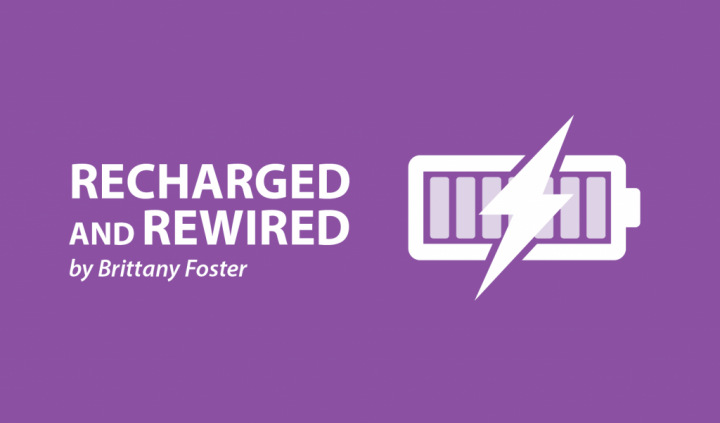Learning to Accept that It’s OK to Not Be OK
Written by |

“I’m fine.”
Even though I know it’s a lie, sometimes it’s easiest for me to give this response when people ask, “How are you?” Why am I so accustomed to saying this even when I feel far from it? The reality is that saying “I’m fine” isn’t so much about trying to hide the truth from others. I say “I’m fine” to protect my own emotions. I keep myself from acknowledging my reality that often feels too hard to face. It’s important for my physical and mental health to accept that “it’s OK to not be OK.”
It’s time those of us with chronic illness stop telling ourselves and others that we are fine. It’s OK to acknowledge when we are not OK. Accepting our physical state as it is day-to-day is an important part of managing life with a chronic illness.
I’m sure many with pulmonary hypertension find it difficult to accept their hard days. When my physical well-being fluctuates so much on a daily basis, it becomes challenging to cope. Some days I can do things around the house, go to the market, work out, and feel like I can function all right. On these good days, I feel accomplished, as I contributed to something. After the good days, it’s frustrating when blindsided by warning signs from my body telling me to slow down.
On the days when I’m not OK, negative thinking sets in. I become my worst critic. On days when my body is telling me to slow down, I flip-flop between anger and denial. I’m angry I’m not able to do as much as I could in my better days before I became sick. I’m angry with my body and feel as though it turned against me in the worst way possible. I’m angry for even having my condition in the first place. Anger is a hard emotion to manage. In an attempt to push out the thoughts that are running through my brain, I often resort to denial. This is where I tell people and attempt to convince myself “I’m fine” instead of acknowledging I’m not OK.
Lately, I have been trying to stop these thought patterns now that I have recognized them for what they are. It’s challenging to accept not being OK. Those with pulmonary hypertension or other chronic illnesses are inevitably going to have days that are a lot worse than others. If you’re like me and convince yourself you’re “fine,” think about why exactly you do this. Are you trying to avoid how you physically feel because it frightens you to think about your symptoms? Are difficult emotions involved on a day when you aren’t OK?
I’m not worthless just because I have days when I need to rest more than others. When I notice my oxygen levels are lower than normal, consulting with my doctor and turning my oxygen up doesn’t mean it will have to be that way forever. If my heart is working harder and I am having more arrhythmias than normal, taking extra beta blockers for my heart rate doesn’t mean I will forever be dependent on the extra dose.
Don’t ignore days when you are truly not OK. Don’t try to convince yourself that you’re fine. It’s OK to tell others, and most importantly to tell yourself, that it’s OK to not be OK. When you’re not OK, it becomes overwhelming to think, “Will I ever be OK again? Will this ever pass? Will I go back to my own version of ‘normal?’” Focus on what you can do to get you through the days when you aren’t OK. Do you need more rest, medication, a doctor’s appointment, more oxygen, help from others?
Learn to accept these extra supports as part of managing your chronic illness. Learn to accept the good days when they come so you can say “I’m fine” and mean it. Learn to accept the days that are more difficult so you can give yourself permission to not be OK.
***
Note: Pulmonary Hypertension News is strictly a news and information website about the disease. It does not provide medical advice, diagnosis, or treatment. This content is not intended to be a substitute for professional medical advice, diagnosis, or treatment. Always seek the advice of your physician or other qualified health provider with any questions you may have regarding a medical condition. Never disregard professional medical advice or delay in seeking it because of something you have read on this website. The opinions expressed in this column are not those of Pulmonary Hypertension News or its parent company, Bionews Services, and are intended to spark discussion about issues pertaining to pulmonary hypertension.





Marilyn
Thank you so much for this article , these words. I needed them and they couldn’t have come at a better time.
Brittany Foster
I'm glad you found this article at the right time and that it could help you !
Susan
I ditto that Im so guilty of saying "Fine" when Im so not fine. Thanks
for sharing!